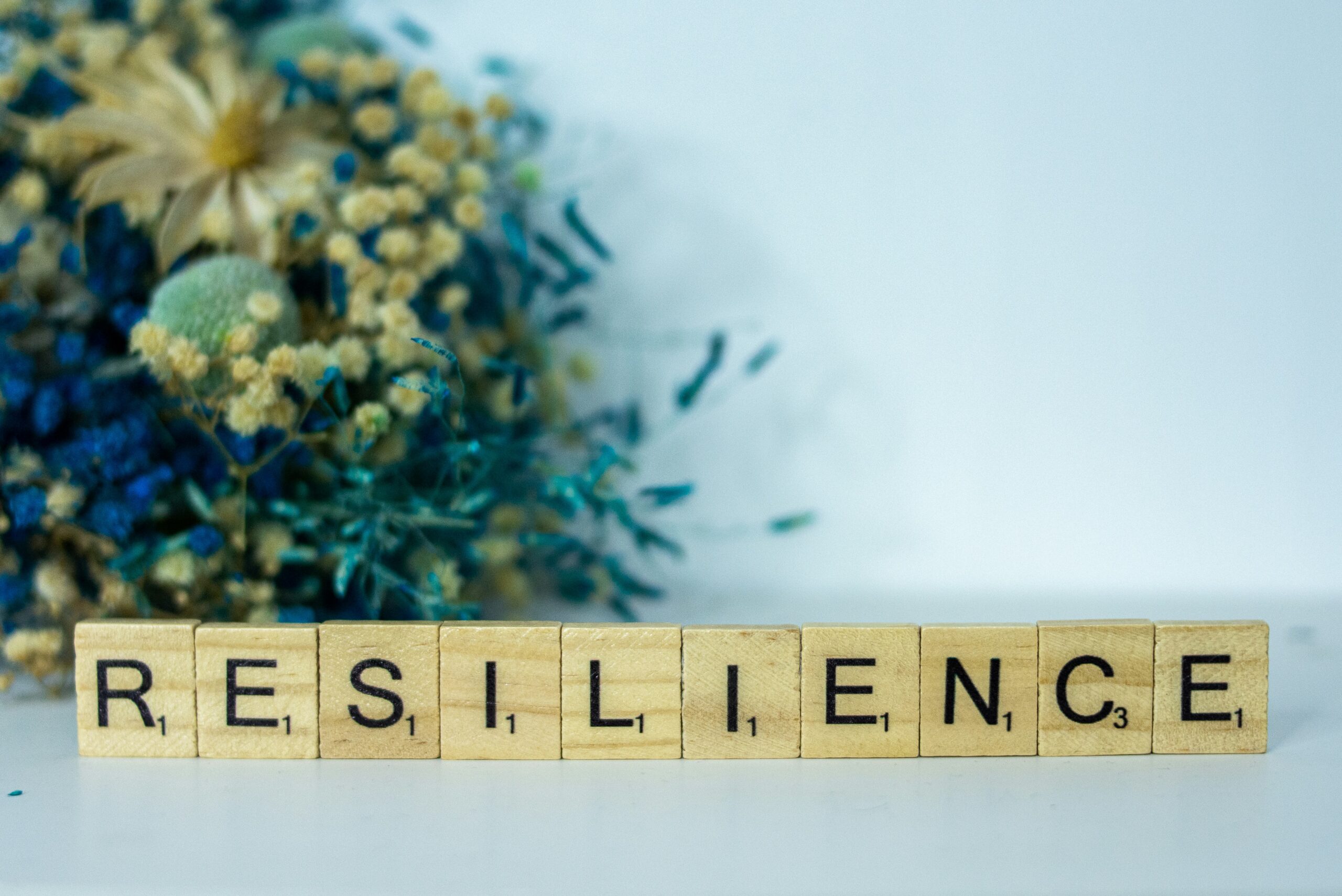While living life, we have our challenges, or some might say it as “ups and downs”. What does this have to do with resilience and our mental health? Let’s talk about it more.
Defining Resilience
In positive psychology, resilience is defined as our capacity or ability to “get up” or endure notable challenges. These can also mean stress resistance, bouncing back, or adapting normally when some situations become severe. Resilience is also an indication of how well people adapt to the challenges. Meaning, that resilient people have positive adaptation when faced with challenges.
The Importance of Resilience
Because it is a positive thing and as a positive adaptation, it will lead to some positive outcomes as well. Which is why resilience is crucial. Moreover, research has shown that resilient people can regulate their emotions, demonstrate good self-control, and empathy and can even lead to optimism and positive emotions. On the other hand, people with low resilience might be unable to function normally and most likely to surrender to their experience. This will result in psychological impairment and affect their well-being.

Resilience and Mental Health
Resilience can also be a part of protective factors when facing stressful situations. As mentioned before, resilience revolves around positive adaptation. When faced with stress, being able to react positively can lower the stress. Lower stress can lead to less mental exhaustion and negative emotions. Eventually, our mental health might improve.
Another perspective is that people with resilience tend to regulate their emotions well. This indicates that people can stay calm under pressure and control their emotions. By controlling their emotion, they can self-regulate. Being able to regulate oneself is important when building interpersonal relationships, especially if the goal is healthy relationships. Other than interpersonal relationships, self-regulation is also useful in managing our internal self and managing our emotions with a clear mind. This also leads to better mental health.
Similarly, some researchers have found that resilience is related to psychological well-being improvement, mastery, growth, self-efficacy, positive outlook, calmness and acceptance.
Conclusion
With all the brief explanations, we can conclude that resilience is related to one’s capacity to endure and live through stressful events with positive adaptations. Resilience is also related to various positive outcomes, such as emotion regulation, self-control, and optimism. Hence, these can also improve our mental health. On the other hand, low resilience can lead to negative outcomes that affect our mental health.
Read more
Bonanno G. A. (2004). Loss, trauma, and human resilience: have we underestimated the human capacity to thrive after extremely aversive events?. The American psychologist, 59(1), 20–28. https://doi.org/10.1037/0003-066X.59.1.20
Boniwell, I. (2012). Positive psychology in a nutshell: the science of happiness: The Science of Happiness. McGraw-Hill Education (UK).
Hart, R. (2020). Positive Psychology. Routledge.
Lopez, S. J. (2009). The Encyclopedia of Positive Psychology. Wiley-Blackwell.
Reivich, K., & Shatte, A., PhD. (2003). The resilience factor: 7 Keys to Finding Your Inner Strength and Overcoming Life’s Hurdles. Harmony.




